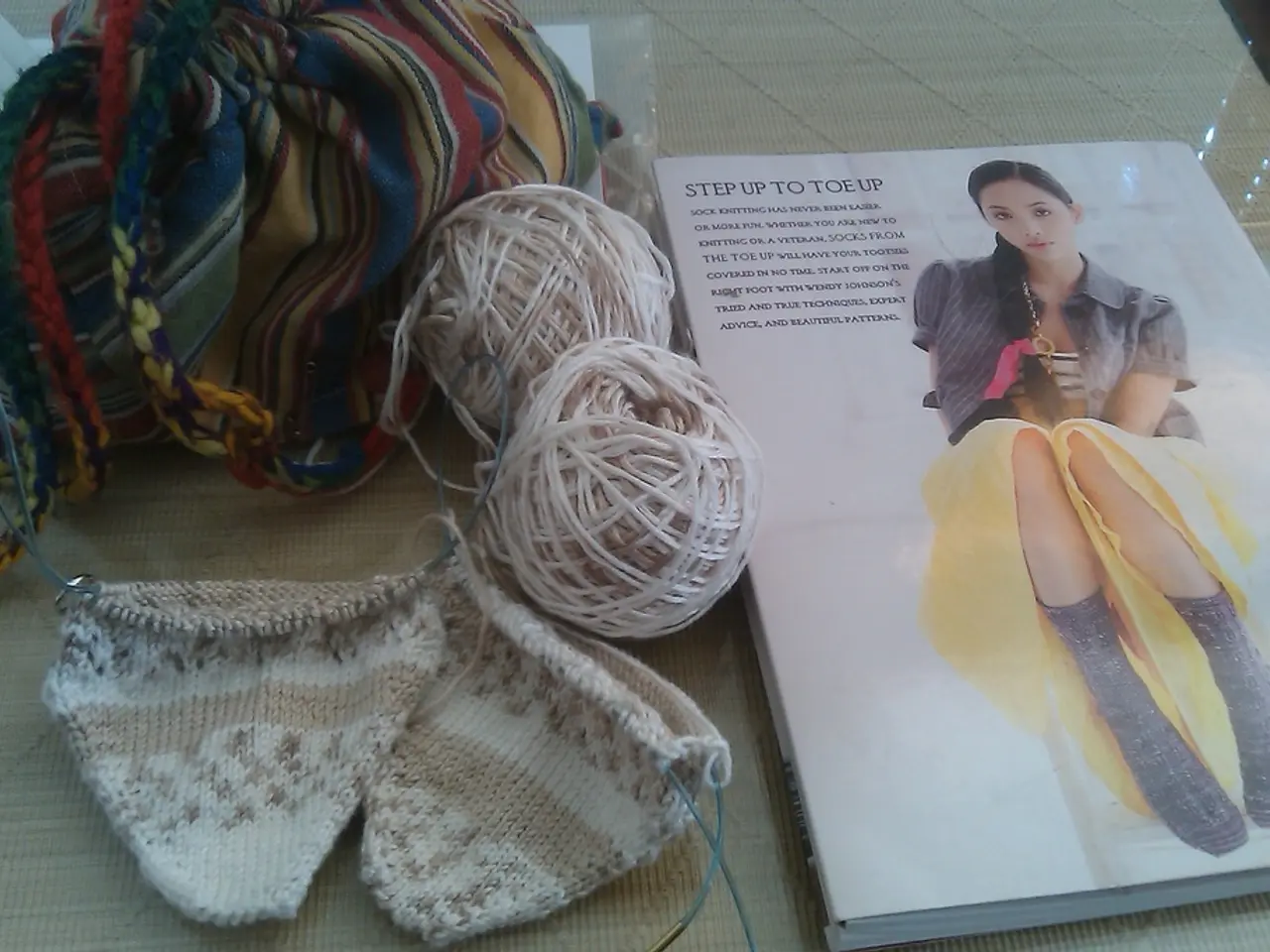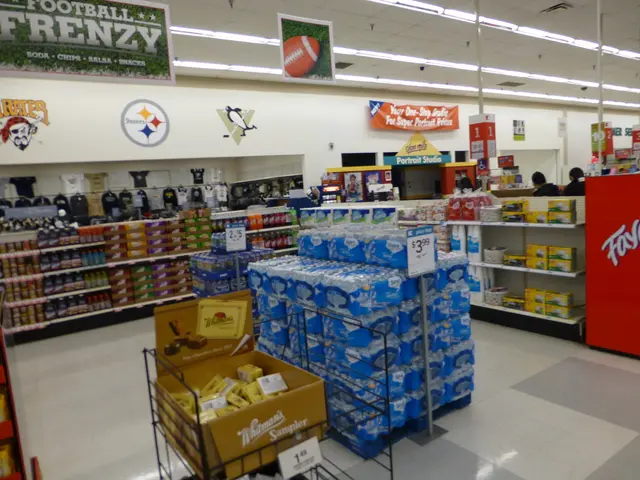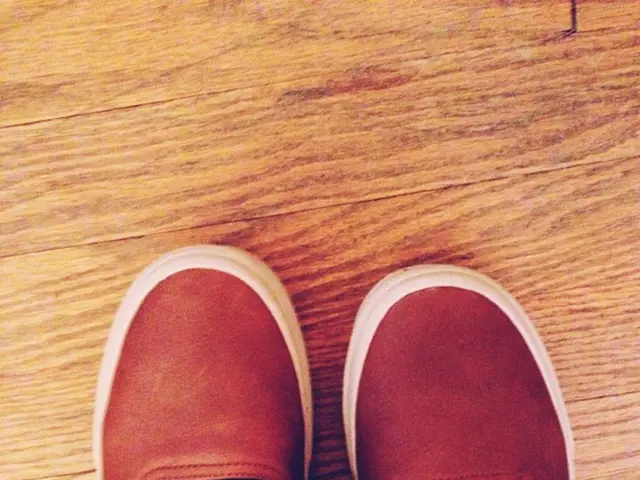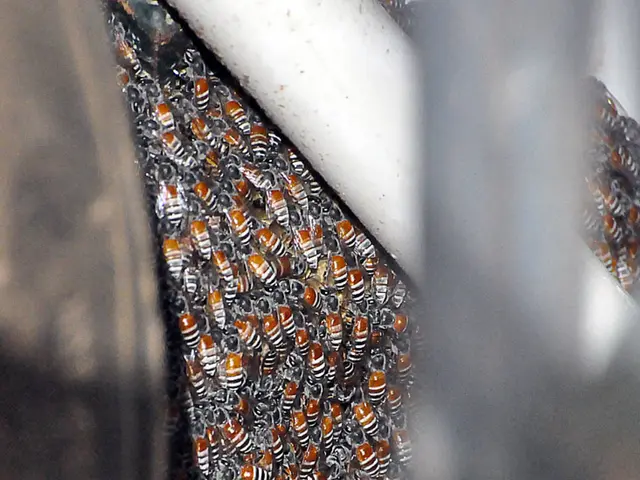Understanding the implications of OEKO-TEX, European Flax, and GOTS certifications
In the world of textile production, certifications play a crucial role in ensuring that products are not only safe for consumers but also produced with respect for environmental sustainability and ethical labor practices. Let's delve into three prominent certifications that are transforming the industry.
First, the OEKO-TEX Standard 100 Class 1 certification focuses primarily on human health and safety. This stringent certification tests and certifies textile products free from over 350 harmful substances, including heavy metals and pesticides. Class 1 is the most demanding category, indicating the product is safe for even the most sensitive skin, including babies and infants.
Next, we have the European Flax Certification. This certification guarantees that the flax fibers used in textile products are high quality, sustainable, and organically grown in the traditional "flax belt" region spanning Belgium, France, and The Netherlands. The certification ensures traceability to European flax agricultural origin, supporting environmental sustainability and textile craftsmanship consistent with centuries-old European linen traditions.
Lastly, the Global Organic Textile Standard (GOTS) is a comprehensive certification that covers the entire supply chain for organic textiles. It ensures that at least 70% (or 95% for fully organic claim) of fibers used are organic, prohibiting synthetic pesticides, herbicides, and GMOs in production. GOTS additionally mandates responsible social practices, including safe working environments, no child or forced labor, and prohibits harmful chemicals during processing.
These certifications work together to ensure that textile products are not only safe for consumers’ skin but are also produced with respect for the environment and ethical labor practices. By choosing products certified with these standards, consumers can rest assured that they are making a conscious choice for their health, the planet, and the workers involved in the production process.
In the realm of linen duvets, for instance, choosing products certified with these standards guarantees that they are free of harmful chemicals. The duvet cover may contain chemicals such as silicone waxes, petroleum, heavy metals, flame retardants, ammonia, and formaldehyde, which have been linked to cancer, infertility, and brain and fetal damage.
It's essential to remember that while these certifications provide a high level of assurance, they are not foolproof. Consumers should continue to educate themselves about the products they purchase and the companies they support. However, these certifications undoubtedly serve as a valuable tool in promoting transparency and accountability in the textile industry.
References:
[1] https://www.oeko-tex.com/en/our-services/certification/standard-100-by-oeko-tex-eco-passport-by-oeko-tex/ [2] https://www.global-standard.org/media/1027/the-global-organic-textile-standard-gots-version-6-0-english.pdf [3] https://www.flaxfrance.org/en/european-flax/ [4] https://www.flaxfrance.org/wp-content/uploads/2020/08/European-Flax-Charter-2020.pdf [5] https://www.flaxfrance.org/en/certification-european-flax/
In the fashion-and-beauty sector, utilization of products certified with the OEKO-TEX Standard 100 Class 1 ensures safety for consumers, especially infants, by guaranteeing the absence of over 350 harmful substances. On the other hand, home-and-garden textile products can obtain the Global Organic Textile Standard (GOTS) certification, which encompasses the entire supply chain, promoting organic fibers, prohibiting harmful chemicals, and ensuring ethical labor practices.




